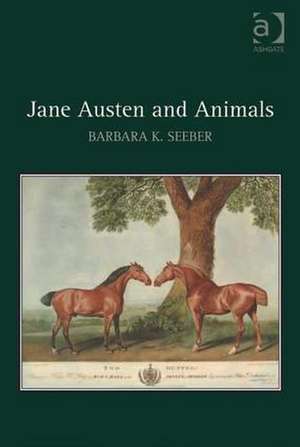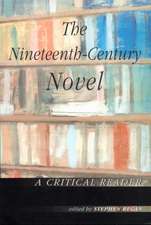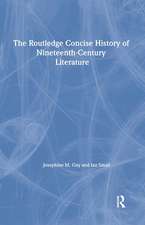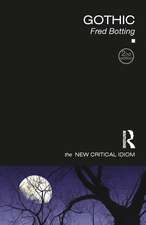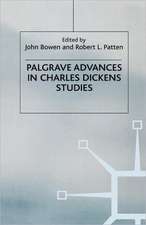Jane Austen and Animals
Autor Barbara K. Seeberen Limba Engleză Hardback – 4 iul 2013
| Toate formatele și edițiile | Preț | Express |
|---|---|---|
| Paperback (1) | 356.44 lei 6-8 săpt. | |
| Taylor & Francis – 30 sep 2021 | 356.44 lei 6-8 săpt. | |
| Hardback (1) | 934.94 lei 6-8 săpt. | |
| Taylor & Francis – 4 iul 2013 | 934.94 lei 6-8 săpt. |
Preț: 934.94 lei
Preț vechi: 1027.40 lei
-9% Nou
Puncte Express: 1402
Preț estimativ în valută:
178.92€ • 185.74$ • 149.19£
178.92€ • 185.74$ • 149.19£
Carte tipărită la comandă
Livrare economică 22 martie-05 aprilie
Preluare comenzi: 021 569.72.76
Specificații
ISBN-13: 9781409456049
ISBN-10: 1409456048
Pagini: 162
Dimensiuni: 156 x 234 x 11 mm
Greutate: 0.45 kg
Ediția:New.
Editura: Taylor & Francis
Colecția Routledge
Locul publicării:Oxford, United Kingdom
ISBN-10: 1409456048
Pagini: 162
Dimensiuni: 156 x 234 x 11 mm
Greutate: 0.45 kg
Ediția:New.
Editura: Taylor & Francis
Colecția Routledge
Locul publicării:Oxford, United Kingdom
Notă biografică
Barbara K. Seeber is Associate Professor of English at Brock University, Canada. She is the author of General Consent in Jane Austen: A Study of Dialogism (2000).
Recenzii
'Barbara Seeber offers us a fascinating new Austen by situating her writing - from letters and poetry to short fiction and novels - in astutely aligned histories of women and animals. Read through intersecting 18th-century arguments over animals’ nature, the animal time of female biology, the assertion of dominance over lower creatures that made sport a pleasure, and unexpected claims for vegetarianism, Austen’s imagined world grows darker, richer, and deeper even as literary approaches to animals gain added subtlety and nuance.' Teresa L. Mangum, The University of Iowa, USA ’... a thoughtful account of Jane Austen’s generally unremarked engagement with contemporary debates on animal rights.’ Times Literary Supplement '... a wondrous, constantly surprising and illuminating, intricately interconnected study ... I wish to go on record as enthusiastically endorsing the well-formulated, deftly crafted arguments in Jane Austen and Animals.' Wordsworth Circle '... very thoughtful, interesting, deeply researched and critically nuanced ...' European Romantic Review
Cuprins
Preface, Barbara K. Seeber; Introduction: A Nest of My Own, Barbara K. Seeber; Chapter 1 The Animal Question and Women, Barbara K. Seeber; Chapter 2 Making a Hole in Her Heart, Barbara K. Seeber; Chapter 3 Too Cool about Sporting, Barbara K. Seeber; Chapter 4 Evergreen, Barbara K. Seeber; Chapter 5 Legacies and Diets, Barbara K. Seeber; Chapter 6 Rock and Rain, Barbara K. Seeber; Chapter 7 Conclusion, Barbara K. Seeber;
Descriere
In her study of animals in Jane Austen, Seeber situates the author’s work within eighteenth- and nineteenth-century debates about human-animal relations. She shows that Austen associates the domination of animals with that of women, challenges readings that identify Austen’s depictions of nature as benign celebrations of England’s imperial power, and demonstrates that Austen links meat consumption to a human-nature dualism that objectifies not only nature, but also the women who serve men.
